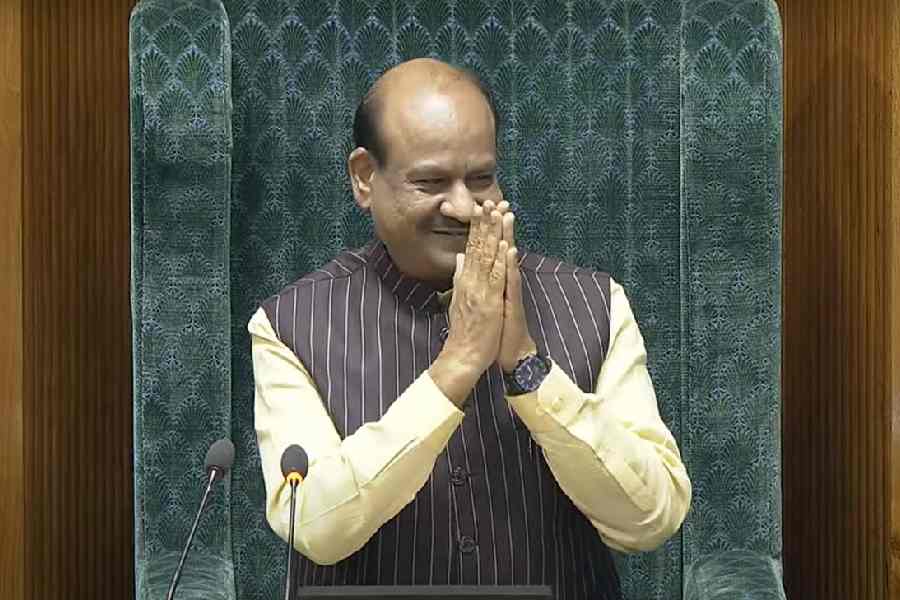Om Birla’s election as Speaker of the 18th Lok Sabha was not surprising. The real surprise lies in the fact that Mr Birla was not a consensual candidate. This led to Parliament witnessing a contest for the House’s high chair for the first time in close to three decades. The script could have unfolded differently though. The Opposition argues that it was forced to put up its own candidate — the eight-term parliamentarian, Kodikunnil Suresh, of the Congress — after the Narendra Modi-led government decided not to concede, in violation of convention, the deputy-Speaker’s role to it. The regime, in turn, has blamed the Opposition for trying to scuttle a parliamentary tradition that sees the Speaker being a unanimous choice of the treasury bench and its opponents. The sparrings make two things clear. First, Mr Modi’s government, despite being a coalition, remains committed to its domineering impulses and is unwilling to cede any space to the Opposition. The pusillanimity of the Bharatiya Janata Party’s allies, principally the Telugu Desam Party and the Janata Dal (United), is spurring the BJP on in this adventurism. Second, fortified by numbers in this term, the Opposition would not back down in the face of such aggression. This is heartening, given that the mandate from the people from this election was one for a strident Opposition that can function as a check and balance against an elected dispensation that remains indifferent to established parliamentary customs: the government’s eagerness to negotiate for the position of the deputy-Speaker is but one recent example.
The need of the hour is for both warring sides, especially the government, to be nimble in their functioning. Parliament is most productive when it runs on the fuel of cooperation between the government and the Opposition. The absence of such cooperation can, as was evident from some of the developments in the 16th and the 17th Lok Sabhas, have inimical consequences for Indian democracy. The ramming through of important bills on the part of the government, mass suspension of members of the Opposition in a bid to suppress dissenting voices, as well as frequent disruptions in and adjournments of the House — incidents that marred parliamentary proceedings in the last 10 years — led to the undermining of the productivity as well as of the dignity of the House. Whether the 18th Lok Sabha is steered towards similar turbulence would depend on the conduct of the government more than that of the Opposition.











